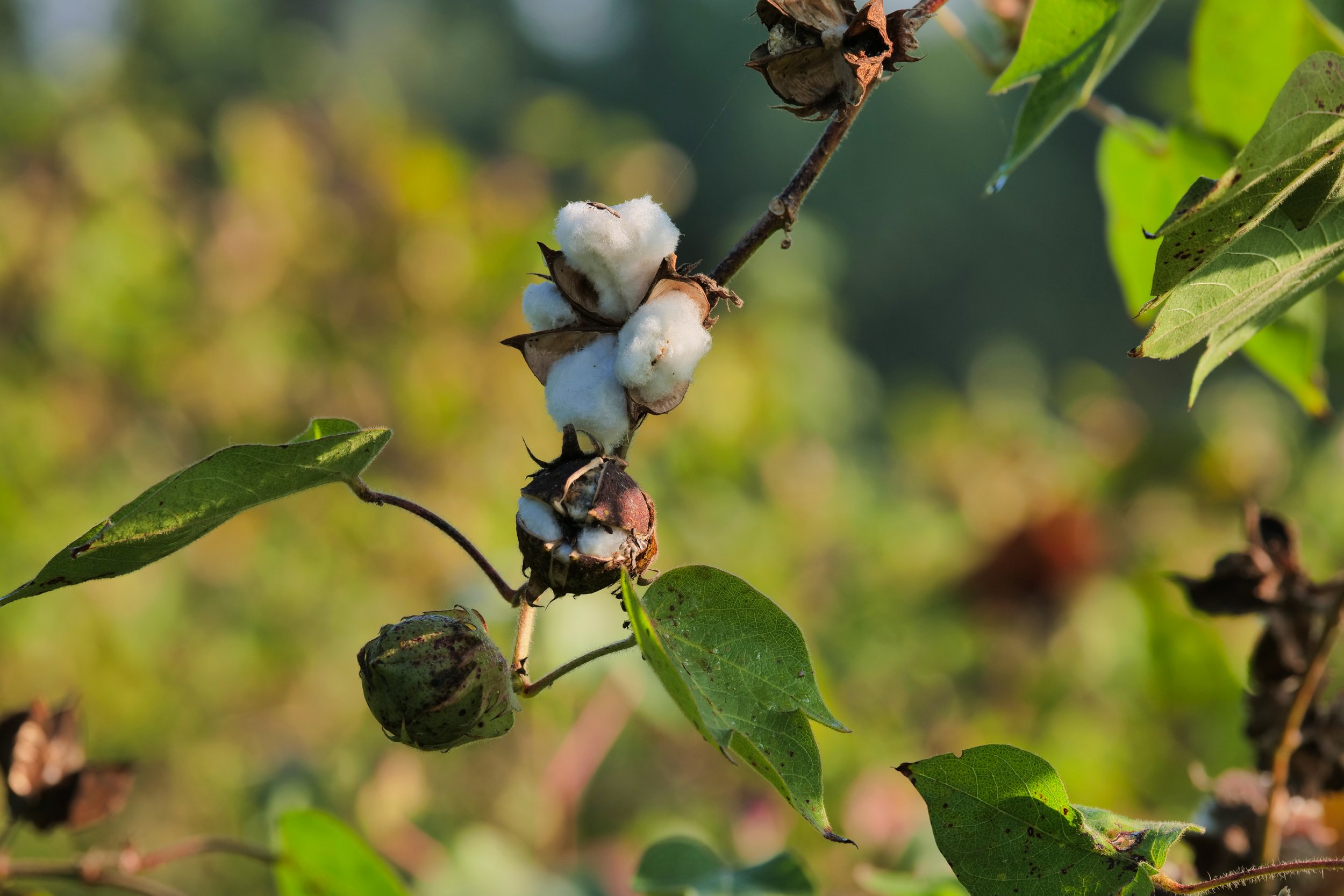World Soil Day shines a light on crucial need to maintain healthy soils in the face of the climate crisis
Get to know more from Hardeep Desai, Head of Farm Operations, CottonConnect
We’re celebrating the muddy, brown stuff on World Soil Day, a United Nations supported initiative held every year on 5 December to shine a light on Soil and highlight just how important it is to keep our soils healthy and well managed.
Our soils are under pressure. Climate impacts, including more frequent drought and extreme heat, and biodiversity loss are taking their toll on soil health. A lack of farmer knowledge is exacerbating the situation, with soil depletion impacting productivity and income in the field.
Through our work, we encourage farmers everywhere to treat their soils just as they would their loved ones. In the face of the climate crisis, maintaining healthy soils is just about the most important thing they can do.
By using soil health principles and systems, more farmers are increasing their soil’s organic matter and improving microbial activity. Farmers are sequestering more carbon, increasing water infiltration, improving wildlife and pollinator habitats, and harvesting better profits and better yields.
Through our REEL Programme, we are training cotton farmers how to maintain soil health and farm sustainably, while increasing biodiversity and adopting regenerative farming techniques to protect and replenish their land. For example, encouraging farmers to reduce the amount of tillage they do on their land helps to store carbon in the soil. Carbon provides substrate and energy to support microbial activity. It also provides a reservoir of nutrients to help plants to grow and also helps soils to resist wind or water erosion.
In India, we carry out soil mapping exercises in villages for representative samples to establish pH levels and check the availability of nitrogen, phosphorous and potassium, and the amount of carbon present. Based on the results, our field teams create awareness among farmers in face-to-face training on the recommended doses of chemical fertilisers to be used, and the use of farmyard manure which can help to sustain soil fertility. We then demonstrate how biodynamic and vermi-compost activity can enrich the nutrient content of the available farmyard manure in each village.
In China, we’re encouraging farmers to make use of the cotton stalk, which is dropped by farmers everywhere, polluting the environment. By composting the stalk and combining it with other organic materials, like manure, it decomposes under high temperatures. Farmers in our programmes are reaping the benefits, not only in reducing agricultural waste but in improving soil fertility and boosting its organic content.
Organic-rich soil improves the quality of cotton. It also contains sufficiently higher amounts of nutrients compared to conventional soil, which means farmers do not have to use as much chemical fertilisers, helping them to save money on farming inputs.
We’re also training farmers in composting and intercropping. Composting improves soil health by adding stable, organic matter to the soil which slowly releases important nutrients.
So you see, soil not only supports the plants that provide us with food, fuel and textiles, but it also acts as the ultimate digestive system, decomposing materials, animals and foods and recycling it to create new life. If there are no micro-organisms, such as bacteria and fungi, or insects and earthworms present, then the soil is dead. Increasing organic matter in our soils is essential; without it, no crop will survive.
Keeping soils in good health is at the heart of our efforts to promote, encourage and educate cotton farmers to adopt more sustainable agricultural practices on their farms. In fact, we believe that soil quality is the foundation on which good farming is based.

































